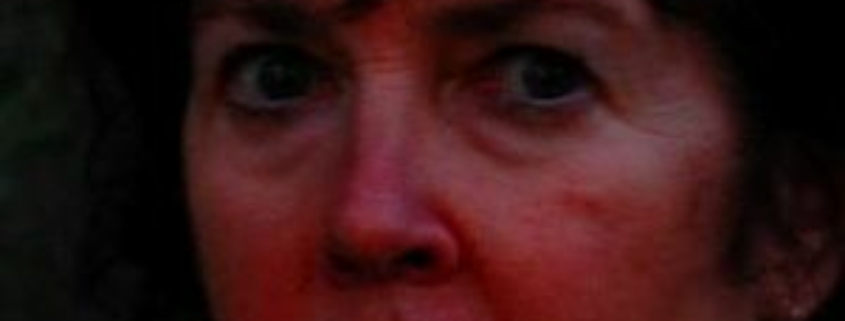Spotlight: What I Brought Back / Freya at the Farmers’ Market / If an Egg Floats
What I Brought Back
Peace Corps Lesotho, 1980-82
I brought images of a motorcycle, a tsetututu,
sputtering down pot-holed roads to a village
where men stuff mint in their nostrils,
women stretch their mouths in ululation,
boys extend legs in Bruce Lee moves,
and babies are secured on mothers’ backs
by blankets with airplane designs.
Also, images of volunteers, stumbling
to outhouses in morning’s wee hours,
holding torches, what we call flashlights,
already the smell of maguena, fried balls
of dough, drifting from local cafes
and smoke rising from dung fires.
I brought back a Botswanan basket
woven with dark grasses flowing between
light grasses, named Urine of the Zebra,
hardened lava, black and porous,
plucked from a trickling volcano,
photos of me running in a cosmos field,
the purple blossoms brushing my shoulders.
I also carried a vision of a future me,
with a baby in a front pack,
but didn’t know I’d call her Palesa,
the Sesotho word for flower.
Freya at the Farmers’ Market
Freya, her skin tanned the color of russets
in a nearby bin, greets me like an old friend,
the way she’s done since we met
at a yard sale years ago. Every time I’ve seen
her walking the streets—her wrists pulled low
from heavy bags—she’s worn layers
of pants and sweaters, matted hair framing
her face. Today, broccoli and carrots spill
over the top of her shopping bags in vibrant
green and orange. Notice how plump these are,
she says, fingering some Thompson raisins.
I nod, thinking how farmers groom fruits
and vegetables for this market, nurtured
with optimal sun, shade, and water.
The vender plops my acorn squash on a scale,
and Freya’s eyes follow the needle, tipping
to three pounds. If I gauged her age
from her weathered face, it would be close
to sixty—but her smile and the lilt in her voice
seem under forty. I wonder if she escapes
the sun’s rays and wonder where she sleeps
at night. Do you know of any jobs? she asks.
Sorry, I say, turning away to a booth
of grapefruit, a young blush on their skins.
If an Egg Floats
Floating can denote death, like fish belly up
or a human corpse. Or a bad egg—light
in weight and smelling pungent.
I pull eggs from a carton; faint blue text
indicates they expired twelve days ago.
Before beating them to make a soufflé,
a golden entrée that rises as if winged,
I use a water test to determine freshness—
the one I learned in the Peace Corps
thirty years ago when I lived without
refrigeration. Eggs laid by African chickens
had no expiration label, so I’d grab some
from my kitchen counter, lined up next
to the cheese and radiated milk, and pray
they’d sink in the water bowl. Today
in California, two eggs resembling
inverted white rockets—their plump ends
bobbing toward the water’s surface—
fail the exam. On their way to demise,
these eggs won’t puff up for a soufflé;
they won’t soar anywhere.






